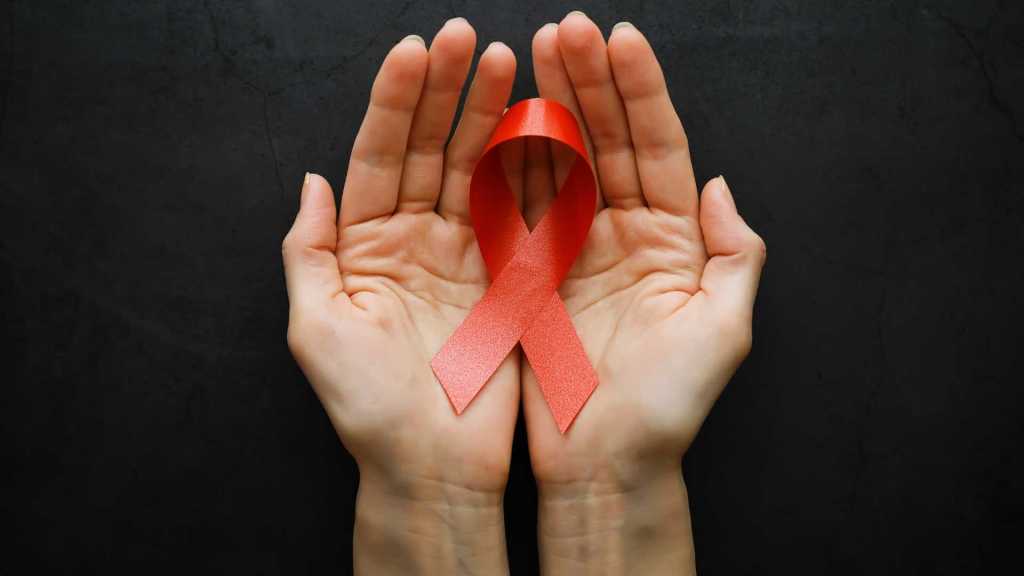HIV-positive Palestinians in Gaza have run out of medication: ‘There is nothing left’

HIV medication is reportedly running out in Gaza. (Getty)
A new report has shed light on the struggles of HIV-positive Palestinians living in Gaza, where medication is running out.
Queer HIV-positive Palestinians living in the Gaza Strip have revealed the problems they have endured since the Israel-Hamas conflict began 15 months ago.
Speaking to journalist Afeef Nessouli as part of a report for The Intercept, on Monday (13 January), 27-year-old E.S., who used a pseudonym to protect his identity, said the blockade of food and medical supplies imposed by the Israeli military had meant that he has run out of preventative medication.
“My doctor told me that the antiretrovirals have been consumed completely and there is nothing left in store,” he said. “There are no more supplies coming in or there hasn’t been any supplies at all coming in to the south or to the north.”
A blockade on imports, including food and medication, was first implemented in June 2007 after a military takeover of Gaza by Hamas’ military wing.

Following the 7 October attack on Israel in 2023, in which Hamas killed about 1,200 people and took more than 250 hostages, Benjamin Netanyahu’s retaliation – which has resulted in the death of an estimated 46,000 Palestinians – has had a significant impact on supplies into the Gaza Strip.
Finding food is becoming increasingly difficult and Palestinians in the area have resorted to making bread out of a mixture of rabbit, donkey and pigeon feed, according to The New Yorker magazine.
“I fear not only my health deteriorating but also how my family will respond,” E.S. said.
The British Red Cross has said the “relentless” blockade of relief has exhausted medical supplies and risked a “complete medical shutdown.” Those with long-term conditions, such as HIV, cancer, kidney failure or diabetes, are of particular concern.

Israel has denied blocking medication entering the Gaza Strip despite what major medical not-for-profit organisations have said, including Glia, who claimed that HIV medication specifically has not been allowed in.
Steven Thrasher, an author of the report, told Democracy Now on Wednesday (15 January): “I hope LGBTQ people around the world will see E.S. and see that there are queer people there and will want to help their queer siblings.”
Thrasher went on to say that the conflict had made it “impossible to get medication to people like E.S”, adding: “But the occupation itself keeps ideas, medicine, practices from being able to easily come into these places. So, what we’re seeing in Gaza around HIV speaks to other diseases as well.
“It’s also illustrative of what happens in [other] war zones. In Ukraine and Russia, where there is more empirical data, we can already see that there are heightened levels of HIV and Aids in both countries and in neighbouring areas because of so much displacement.”
The Gaza Ministry of Health told The Intercept that it urged HIV patients to visit medical facilities and that medication was dispensed for a three-month period.
“Now, unfortunately, their treatments are not available,” the ministry added.
Share your thoughts! Let us know in the comments below, and remember to keep the conversation respectful.
How did this story make you feel?

